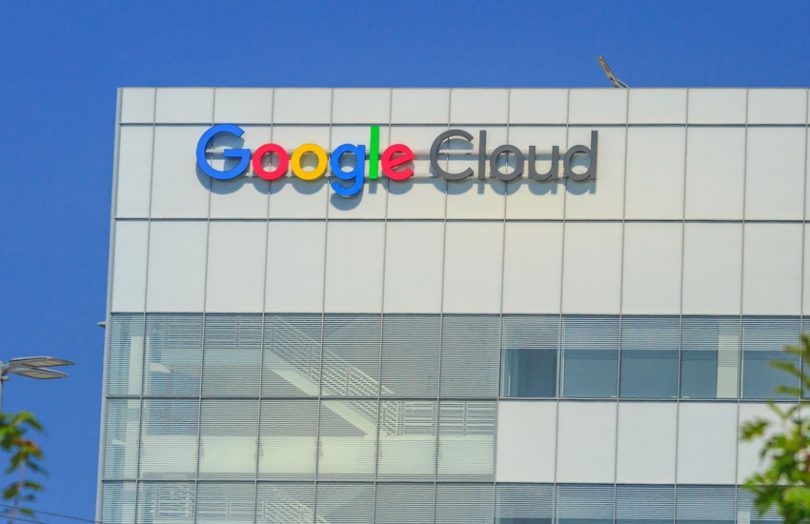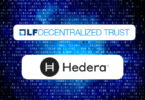Today Google announced it’s joining the governing council of the enterprise distributed ledger, Hedera Hashgraph.
Hashgraph has its own consensus algorithm, which means it’s far more scalable than typical blockchains. Compared to blockchains, it also has the benefits of speed and transaction finality. While it’s a public DLT, it is permissioned, with only governing council members having the ability to write transactions to the ledger. The governing council now has 11 members, including IBM, Boeing, Nomura, Deutsche Telekom and Swisscom.
Apart from being a permissioned ledger, one of Hedera’s key distinguishing features is the code is proprietary. The organization raised $124 million prior to launch.
Hedera’s token price has quadrupled in the last few days. Two weeks ago the market capitalization was around $25 million. While there was a big jump at the point of the announcement, the biggest run-up was in the week to February 6th. At one point in January, the token price was roughly 90% down on the launch price this past September.
The Google announcement reads like a Google Cloud client or partnership announcement. The company says that Hedera has been using the Google Cloud Platform premier network tier. And going forward, Hedera will use Google as a preferred cloud provider for public testnets and the Hedera Consensus Service ecosystem.
“As we continue to evolve our infrastructure, we’re excited to expand our work with Google Cloud to now make DLT even more readily available for our community members, no matter their size or industry,” said Atul Mahamuni SVP of Products for Hedera.
At the end of the statement, Google says it will join the governing council and run a Hedera network node. Only governing council members run nodes with permission to write to the distributed ledger.
One of the side benefits is that Google publishes a database of transactions for several public blockchains and distributed ledgers, and Hedera will now be one of these. This makes it easier to run mass searches on blockchains, though it’s not free to run these rather expensive queries.






